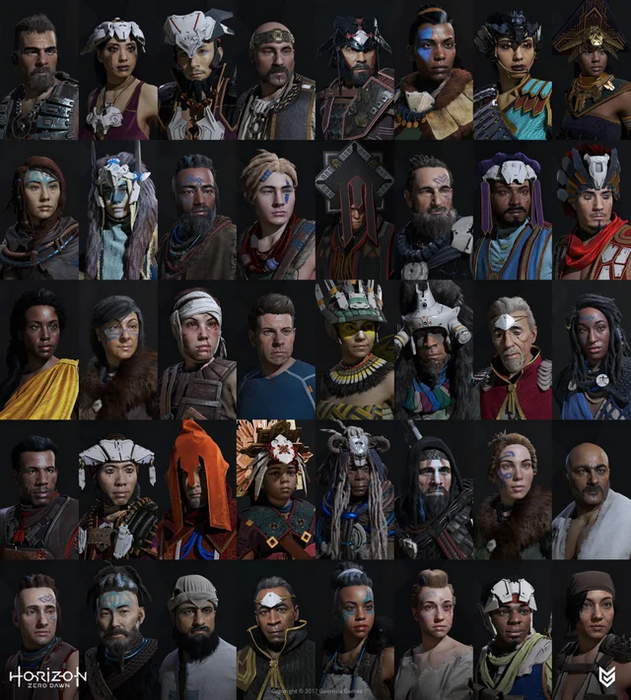This was crossposted to my other blog, The Asexual Agenda, under the title “The essentiality of ace readings“.
As part of my usual youtube browsing, I was checking out a games criticism channel, Transparency, and I watched a video titled “Queering Animal Crossing | A Helpful Guide to Queer Readings” (29 minutes). I don’t think it says anything truly unusual, it’s just an entertaining and accessible introduction to the topic.
Videos like this are useful for me to reflect on my own views, and crystallize disagreements. So here I present two theses about queer readings. First, I assert that queer readings are not always political, but also form an ordinary part of how queer people consume media. Second, I argue that asexual readings are an essential concept that should be introduced as part of basic education about queer readings.
Queer readings as ordinary
The Transparency video does a good job of establishing the point that queer readings are not “alternative” interpretations of texts. Rather, they show how queerness–which exists all over the place in the real world–has also slipped into our fiction, as much as heteronormativity may try to stop it or ignore it. Queer readings do not require any “proof” of queerness, after all this is fiction and there is no underlying truth of the matter. Nor do queer readings require any knowledge or theorizing about the intentions of the creators. Queer readings are just about recognizing hints and potentialities that exist in our fiction. Straight audiences regularly interpret knowing glances between m/f pairs as a code for romance, we can very well do the same for queer pairings.

